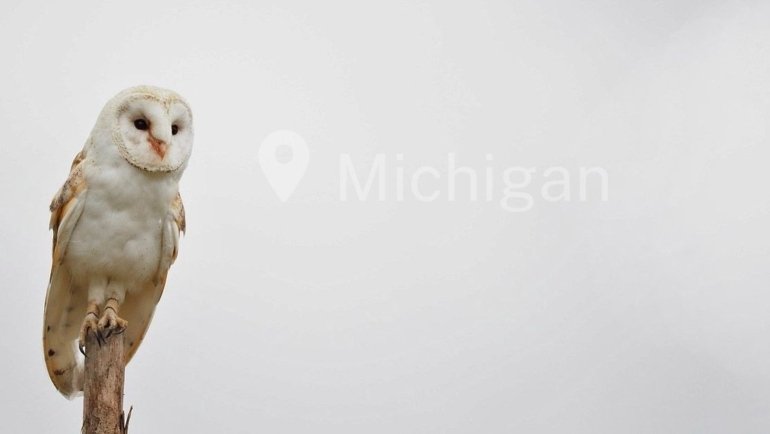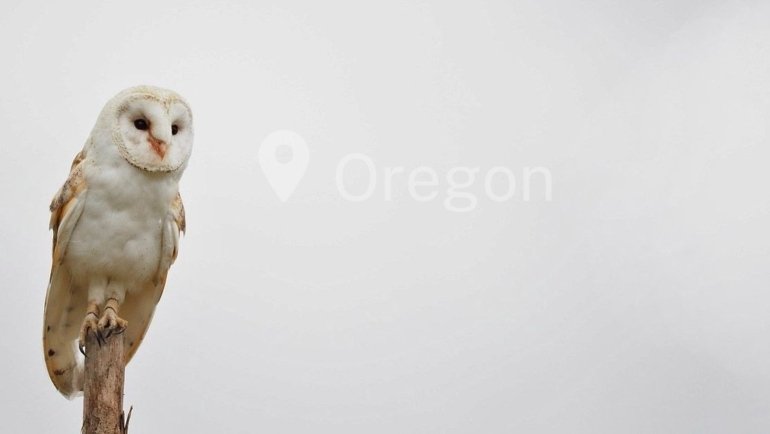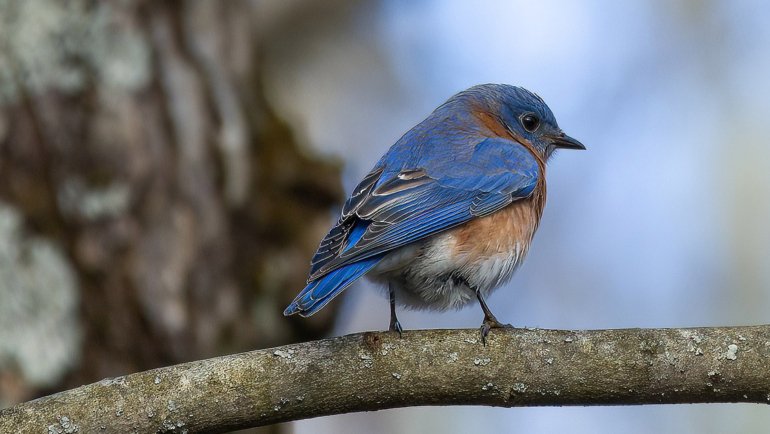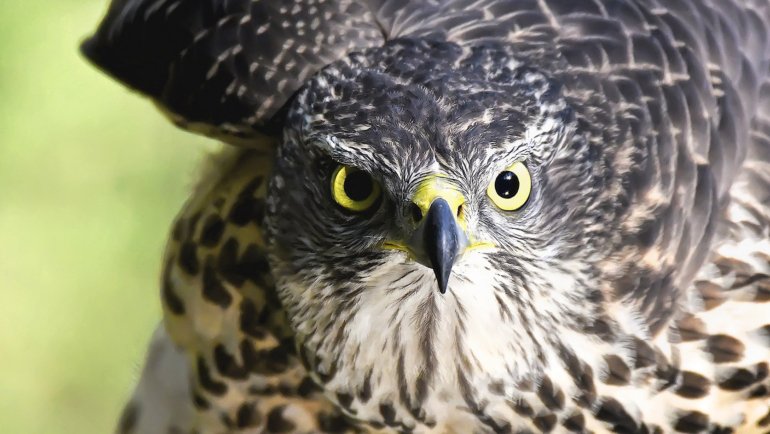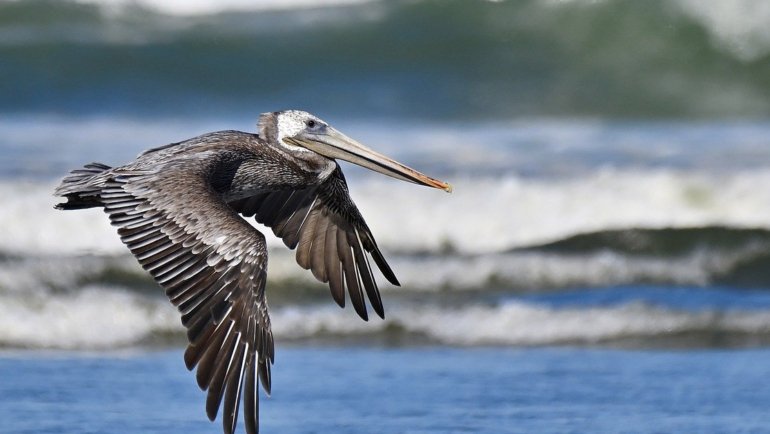Hawks eat many small animals. They typically target rodents, insects and snakes. This guide will explain all you need to know about hawks’ favorite food and what they prey on.
Are Hawks Carnivores, Herbivores or Omnivores?
Hawks are 100% carnivorous. They do not eat plants and depend on smaller animals they can catch and kill for food. They are birds of prey and use their talons and strong beaks to kill their prey.
Hawks’ favorite food are birds, crayfish, chipmunks, frogs, grasshoppers, moths, mice, squirrels, voles, and snakes.
Also read: Are Hawks Dangerous? Do They Attack Humans?
What Do Hawks Eat?
Hawks eat small animals or the babies of small animals because they are easy to catch, strangle and kill. The favorite food that hawks eat are:
- Birds.
- Crickets.
- Crayfish.
- Dragonflies.
- Chipmunks.
- Frogs.
- Lizards.
- Moths.
- Mice.
- Grasshoppers.
- Rabbits.
- Prawns.
- Rats.
- Snakes.
- Squirrels
- Voles.

What Do Baby Hawks Eat?
Baby Hawks eat tiny pieces of meat given by the mother hawk. They eat small meats like crustaceans, catfish, insects, and lizards.
If you find baby hawks, you should never feed them with milk or foods that are not meat. They must be fed meat. You can make it easy for them by grinding the meat into bits and pieces.
Also read: Are Hawks Friendly? Can You Keep Hawks as Pets?
Do Hawks Eat Their Prey Alive?
Hawks can sometimes eat their prey alive. They will typically kill their prey before they start chewing. However, in rare instances, hawks can swallow prey alive if they fit into their mouth.
This situation is rare and will only happen when the hawk is extremely hungry and sure the prey won’t put up a fight.
How Often Does a Hawk Eat?
A hawk can eat once a day, once in two days or once in three days. It simply depends on the catch. A very satisfying meal will see hawks eat only once a day.
In scarcity, hawks may eat just once in three days and still go about their normal activities of finding food. Adult hawks can stay longer without food compared to smaller hawks.
How Much Do Hawks Eat?
Hawks are big eaters and can consume food worth 12% to 15% of their body weight. Adult hawks can weigh anywhere from 24 ounces to 51 ounces, about 140 grams of food daily.
If you have a baby hawk, feed it with no more than 15% of its body weight daily.
How Long Can Hawks Live Without Food?
Most hawks will show signs of organ failure after three days without food. While it is difficult to determine how long it will take most hawks to survive after 3 days of not eating. Some can manage up to a week before dying. Hawks are expected to eat at least once in three days.
Also read: What Eats Hawks? Top Hawk Predators
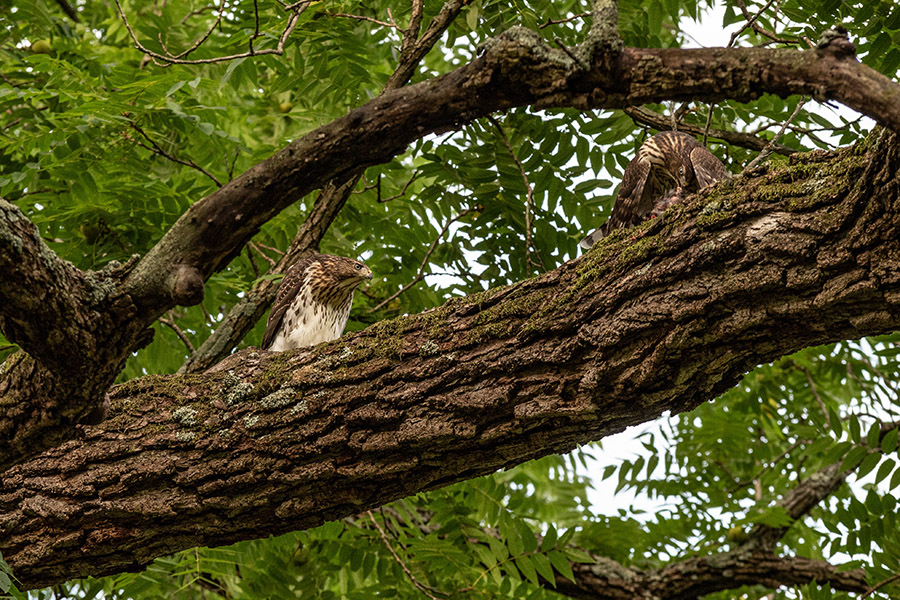
What Size of Animals Do Hawks Eat?
Hawks eat only small animals like rabbits, rodents, and smaller birds. They will not attempt to kill or fight any animal that is as big as them. When they target other birds of prey, they tend to go for the babies that can’t put up much defense.
Most hawks can only carry prey less than 5 pounds. A red-tailed hawk is one of the few exceptions that can lift prey a little higher than 5 pounds.
Frequently Asked Questions
Do Hawks Eat Lizards?
Hawks eat lizards and other reptiles that weigh less than 5 pounds. This put iguanas and all kinds of small lizards under their radar. They typically grab the unsuspecting lizards in a swift catch and kill them with their talons.
Do Hawks Eat Eggs?
Hawks eat the eggs of every prey they feed on. They are known to raid prey nests, eat the eggs they can find, and sometimes eat the unlucky babies. Hawks enjoy eggs as a popular food source.
Do Hawks Eat Dogs?
Hawks do not typically try to hunt dogs. However, there is a possibility of hawks killing and eating a newly born puppy. This circumstance is extremely rare, however, as hawks will typically stay away from the watchful eyes of dogs.
Do Hawk Eat Dead Animals?
Hawks sometimes eat dead animals when food is extremely scarce. They will scavenge on carcasses that have been frozen and may compete with other birds of prey. During the bountiful season, they would rather kill and eat small rodents.

